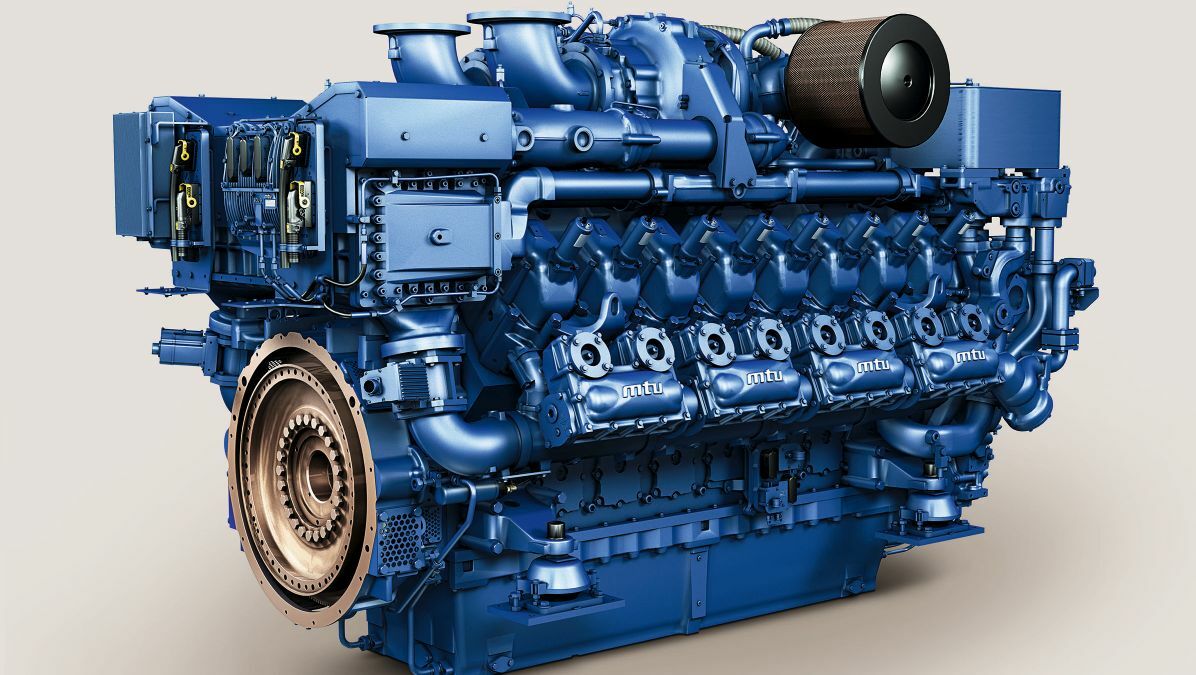Improve Your Fleet with Engines For Africa's Option
Improve Your Fleet with Engines For Africa's Option
Blog Article
A Total Overview to Choosing the Right Engine for Your Task
Choosing the suitable engine for your project is a vital decision that can considerably affect its overall success. Each of these elements plays a pivotal duty in making certain that your picked engine not just satisfies immediate purposes however likewise aligns with lasting ambitions.
Define Your Task Demands
Defining your job requires is an important action in choosing the proper engine for successful application. A comprehensive understanding of your job's purposes will certainly direct you in recognizing the capacities and attributes required from an engine. Begin by detailing the extent of your project, including the wanted functionality, target audience, and the certain results you intend to attain.
Next, consider the technological needs that align with your project objectives. This includes evaluating the compatibility of the engine with existing systems, along with the programming languages and frameworks that will be made use of. Furthermore, analyze the degree of scalability needed to accommodate future development or modifications popular.
Budget plan restrictions also play a vital duty in defining your task requires. Establish a clear economic structure to guide your decision-making procedure, making certain that the engine picked fits within your budget while giving the needed capability.
Evaluate Performance Needs

Next, take into consideration the scalability of the engine. Analyze whether it can handle enhanced work as your task expands. Engines that support horizontal scaling are commonly more effective for bigger applications. Furthermore, assess the engine's efficiency under various problems, such as peak use circumstances, to ensure it meets your integrity standards.
Think About Ease of Use
While technological requirements are essential, the convenience of usage of an engine can considerably influence the advancement process and total task success. An user-friendly user interface, clear documentation, and structured process can considerably lower the knowing curve for designers, allowing them to concentrate on creative thinking and analytic as opposed to grappling with complicated tools.
When reviewing an engine's convenience of usage, take into consideration the onboarding experience. A well-structured introduction, complete with tutorials and sample tasks, can promote a smoother transition for new individuals. Additionally, the quality and comprehensiveness of the engine's paperwork play an important function; comprehensive overviews and API referrals can encourage programmers to fix and carry out functions view it efficiently.
An additional aspect to take into consideration is the engine's modification abilities. An engine that permits easy modifications can be a lot more user-friendly, as developers can tailor it to fit their details requirements without comprehensive headache. Examine the workflow integration with tools and systems you currently utilize. A cohesive environment can boost efficiency and lower friction throughout the development process. Eventually, picking an engine that prioritizes ease of use can result in a more satisfying Look At This and efficient advancement experience.
Assess Area and Assistance
The toughness of an engine's area and support network can substantially influence a designer's experience and success. When analyzing an engine, take into consideration the size and activity degree of its neighborhood.
In addition, review the schedule of official assistance channels. Reputable documents, receptive consumer support, and regular updates are necessary for dealing with technical concerns and maintaining your task on track. Engines For Africa. Energetic communities likewise promote cooperation, giving chances for networking and feedback, which can be vital, especially for tiny teams or independent designers
Additionally, investigate the visibility of community-run occasions, such as hackathons or meetups. These gatherings can improve your understanding of the engine while attaching you with prospective collaborators and experienced individuals. In recap, a durable area and support system not just enhance development yet also develop a setting conducive to discovering and advancement, eventually enhancing the likelihood of your task's success.
Contrast Expense and Licensing Alternatives
Spending plan factors to consider play a vital function in choosing the best engine for your project, as the expense and licensing alternatives can considerably influence both temporary costs and long-lasting stability. Engines For Africa. Various engines use differing pricing structures, which can include single acquisition more helpful hints charges, membership models, or revenue-sharing arrangements based on your project's earnings

Certifying alternatives likewise differ significantly. Some engines are open-source, offering flexibility and community-driven assistance, while others might need exclusive licenses that limit use and distribution. Comprehending the effects of each licensing version is essential, as it influences ownership civil liberties, future scalability, and prospective legal obligations.
Verdict
In conclusion, selecting the appropriate engine for a job demands a comprehensive assessment of specified project requirements, performance demands, convenience of use, area support, and price considerations. By systematically addressing these essential elements, decision-makers can make sure alignment with both existing and future job demands. A knowledgeable choice ultimately improves the likelihood of job success, allowing reliable source allotment and optimizing prospective results within the defined financial constraints.
Picking the appropriate engine for your project is an important decision that can dramatically affect its general success.Specifying your task requires is a crucial step in picking the ideal engine for effective execution. A detailed understanding of your task's purposes will certainly guide you in determining the abilities and functions required from an engine.Once you have a clear understanding of your job requires, the following step is to assess the efficiency needs of the engine.In conclusion, choosing the proper engine for a task necessitates a detailed examination of specified task demands, performance demands, simplicity of use, neighborhood support, and price considerations.
Report this page